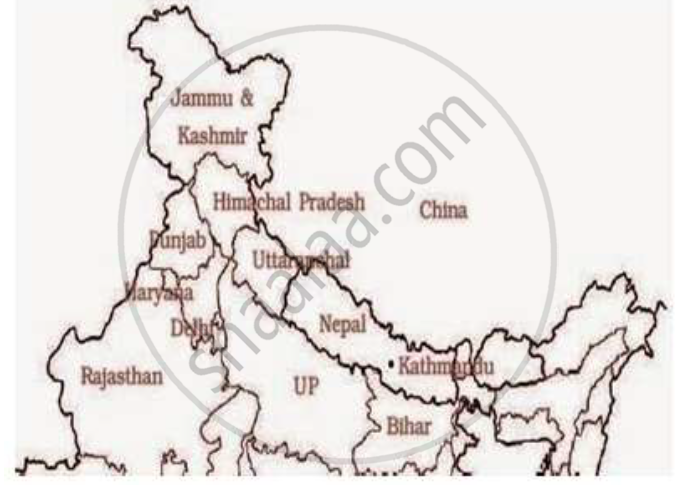Advertisements
Advertisements
Question
Imagine that you are the poet, William Wordsworth. You continue on your walk,
and when you reach home you tell a friend what you saw and felt. Which of the
following best describes your experience? (Work in pairs, then have a class
discussion.
a) "I was walking past some fields when I saw a young girl, a farm worker, harvesting
grain by hand, with a sickle. She was so beautiful that I stood out of sight and
watched her for a long time. I have never seen anyone more gorgeous! In fact,
she reminded me of other beautiful experiences I've had - the song of the
nightingale or the cuckoo, for instance. I'd certainly like to see her again!"
b) "As I was standing on the hill top just now, I heard a very sad and plaintive song. I
looked down, and saw a young woman reaping grain, singing as she did so. She
seemed quite melancholy as she sang. But somehow her song brought great
comfort and joy to me. In fact, I found it a very emotional experience. As I
continued my walk along the hill top, I also heard a nightingale and a cuckoo. But
the young farm worker's song affected me most deeply, even though I couldn't
understand the words."
c) "Just now, as I was walking in the valley, I saw a young farm worker in the field.
She was singing to herself as she worked. I was so affected by her singing, that I
stopped and listened. She had a beautiful voice, which seemed to fill the whole
valley. The song was a sad one, and I couldn't understand the words. But its
plaintive tone and melancholy sound touched me greatly, and its beauty
reminded me of the song of a nightingale and a cuckoo. After some time, I walked
up the hill, carrying the memory of the young woman's hauntingly beautiful song
with me."
Solution
A classroom activity
APPEARS IN
RELATED QUESTIONS
Thinking about the Text
On the following map mark out the route, which the author thought of but did not take, to Delhi.

Simple Present Tense
In these sentences words like everyday, often, seldom, never, every
month, generally, usually, etc. may be used.
Fill in the blanks with the correct form of the verb in brackets.
The African lungfish can live without water for up to four years. During drought, it
___(dig) a pit and ___(enclose) itself in a capsule of slime and earth, leaving a tiny opening
for air. The capsule ___(dry) and ___(harden), but when rain ___(come), the mud
___(dissolve) and the lungfish ___(swim) away.
It was a summer evening,
Old Kaspar's work was done,
And he before his cottage door
Was sitting in the sun,
And by him sported on the green
His little grandchild Wilhelmine.
She saw her brother Peterkin
Roll something large and round,
Which he beside the rivulet
In playing there had found;
He came to ask what he had found,
That was so large, and smooth, and round.
Read the lines given above and answer the question that follow.
Explain with reference to context.
Explain three ways in which the dog helped his master.
Give some examples of fuel.
How did the bear grow up a vegetarian?
There are four pairs of rhyming words in the poem. Say them aloud.
Multiple Choice Question:
When does the kite lose all its energy?
Deserts have a very thin population. Why?
Fill in the blank to name a different kind of intelligence. One has been done for you.
When I enjoy listening to people and solving their problems I use my interpersonal intelligence
When I enjoy telling a story or arguing, I use my ____________ intelligence.
